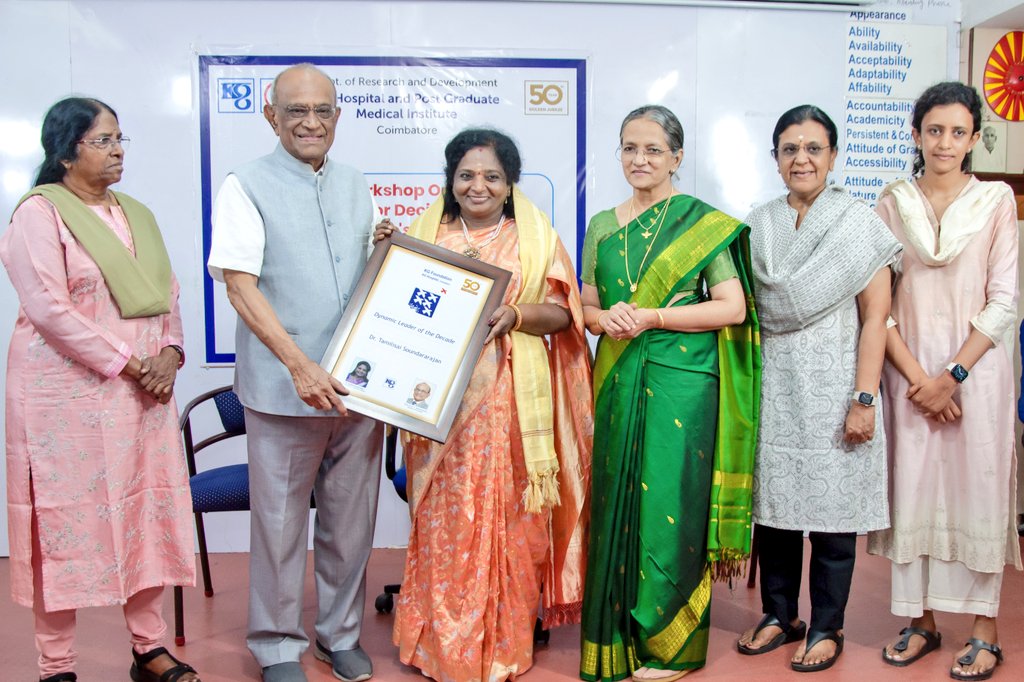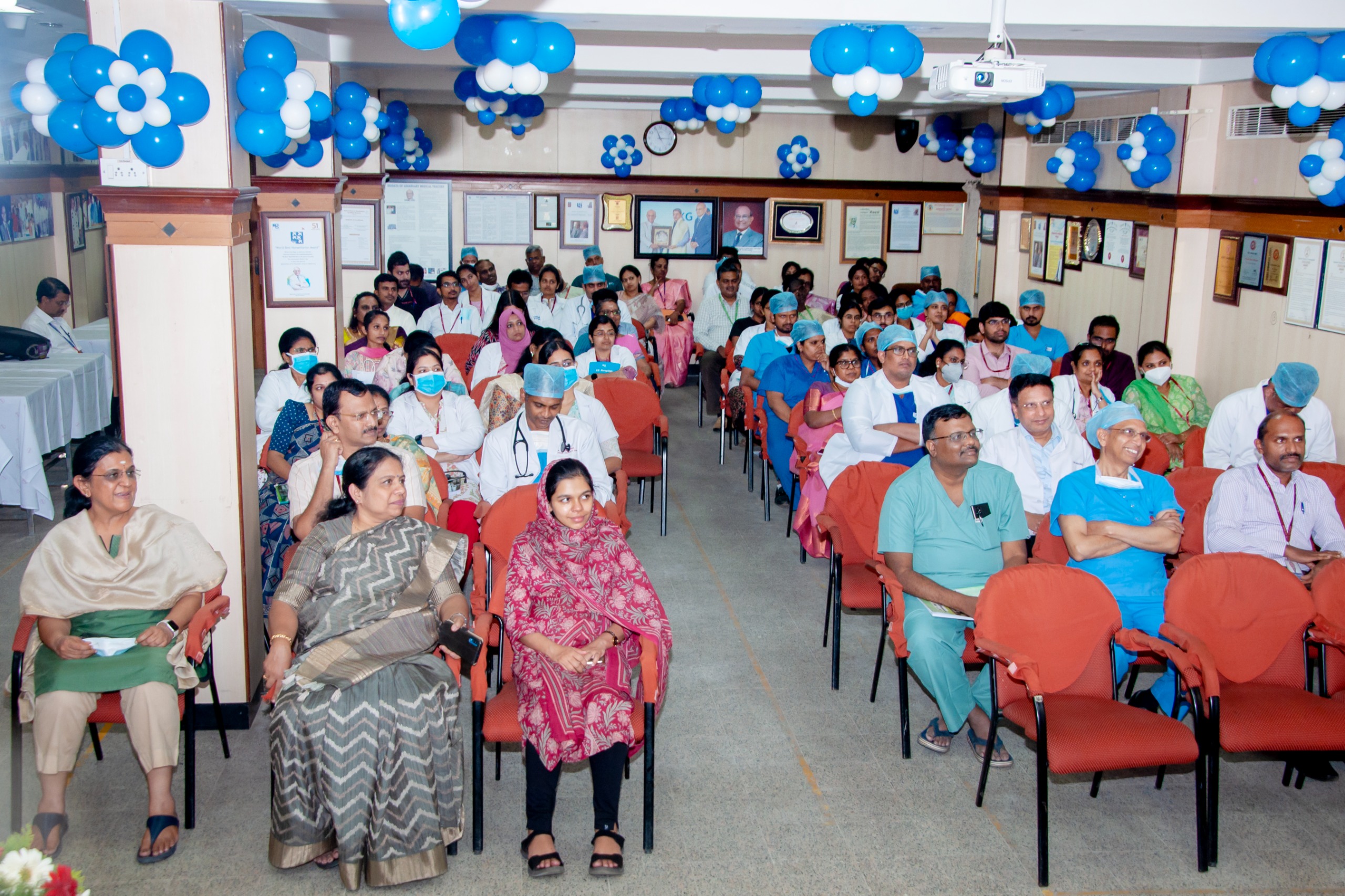Unmasking the Hidden Culprit: A Rare Case of Facial Pain Linked to Recurrent Epidermoid Cyst
This is the story of a 14-year-old girl whose recurrent facial pain revealed a rare and serious underlying cause—a recurrent epidermoid cyst at the cerebellopontine angle.
📌 Case Snapshot
The young patient presented with sharp, electric-shock-like pain in the distribution of the V1 branch of the trigeminal nerve. Her history revealed a previous surgery to remove an epidermoid cyst two years prior, and despite ongoing medication, her symptoms persisted and worsened.
MRI imaging revealed a residual or recurrent lesion at the original site—adjacent to the trigeminal nerve root. Given the clinical impact and imaging findings, a decision was made for re-exploration and surgical excision at the best neurosurgery hospital in Coimbatore, known for its advanced neurosurgical care and precision outcomes.
🧠 Surgical Precision in a Sensitive Zone
A retrosigmoid craniotomy was performed by Dr. S. Rajkumar, Brain & Spine Surgeon, with anaesthesia care provided by Dr. R. Senthilkumar, Anaesthesiologist. They were supported by Dr. Lokesh, Junior Resident, Department of Neurosurgery. The surgery utilized neuronavigation and intraoperative cranial nerve monitoring to ensure the highest safety standards.
The cyst, identified by its classic pearly-white appearance, was intricately dissected from critical neurovascular structures using microsurgical sharp dissection techniques. The team at the best neurosurgery hospital in Coimbatore prioritized preserving cranial nerve integrity and minimizing the risk of capsule rupture, which could result in chemical meningitis—a serious inflammatory reaction triggered by keratin entering the CSF.
Thanks to their precision and collaboration, total cyst removal was achieved without rupture, resulting in immediate pain relief and no neurological deficits.
🔍 Key Takeaways for Clinical Practice
✅ Early Recognition Matters: Atypical facial pain in children should prompt thorough neurological evaluation and imaging.
✅ Microsurgical Expertise is Crucial: Epidermoid cysts are slow-growing but infiltrative; complete resection without rupture requires exceptional surgical skill.
✅ Chemical Meningitis Risk: Avoiding cyst rupture is critical. Surgeons must be prepared with irrigation protocols and vigilant postoperative care.
✅ Long-Term Vigilance: Even after successful surgery, patients require ongoing follow-up to monitor for recurrence.
👩⚕️ A Multidisciplinary Approach Is Key
This case highlights the value of team-based neurosurgical care. The collaborative efforts of Dr. S. Rajkumar, Dr. R. Senthilkumar, and Dr. Lokesh demonstrate how integrated expertise leads to exceptional outcomes. From radiology and anaesthesia to surgery and postoperative care, every step was handled with meticulous attention.
The infrastructure, technology, and team capabilities at the best neurosurgery hospital in Coimbatore were instrumental in ensuring a smooth procedure and a swift, complication-free recovery for the patient.
🔚 Conclusion
In adolescents presenting with persistent or atypical facial pain, epidermoid cysts, though rare, must be considered in differential diagnosis. This case not only reflects the complexity of managing such lesions but also serves as a strong example of precise, patient-centric neurosurgery done right.
🧠 Pain may be the symptom, but precision is the cure.
✅ Let’s raise awareness about rare neurological conditions and the importance of expert-led surgical intervention.
🔁 Share this case to spotlight clinical excellence in neurosurgery.





